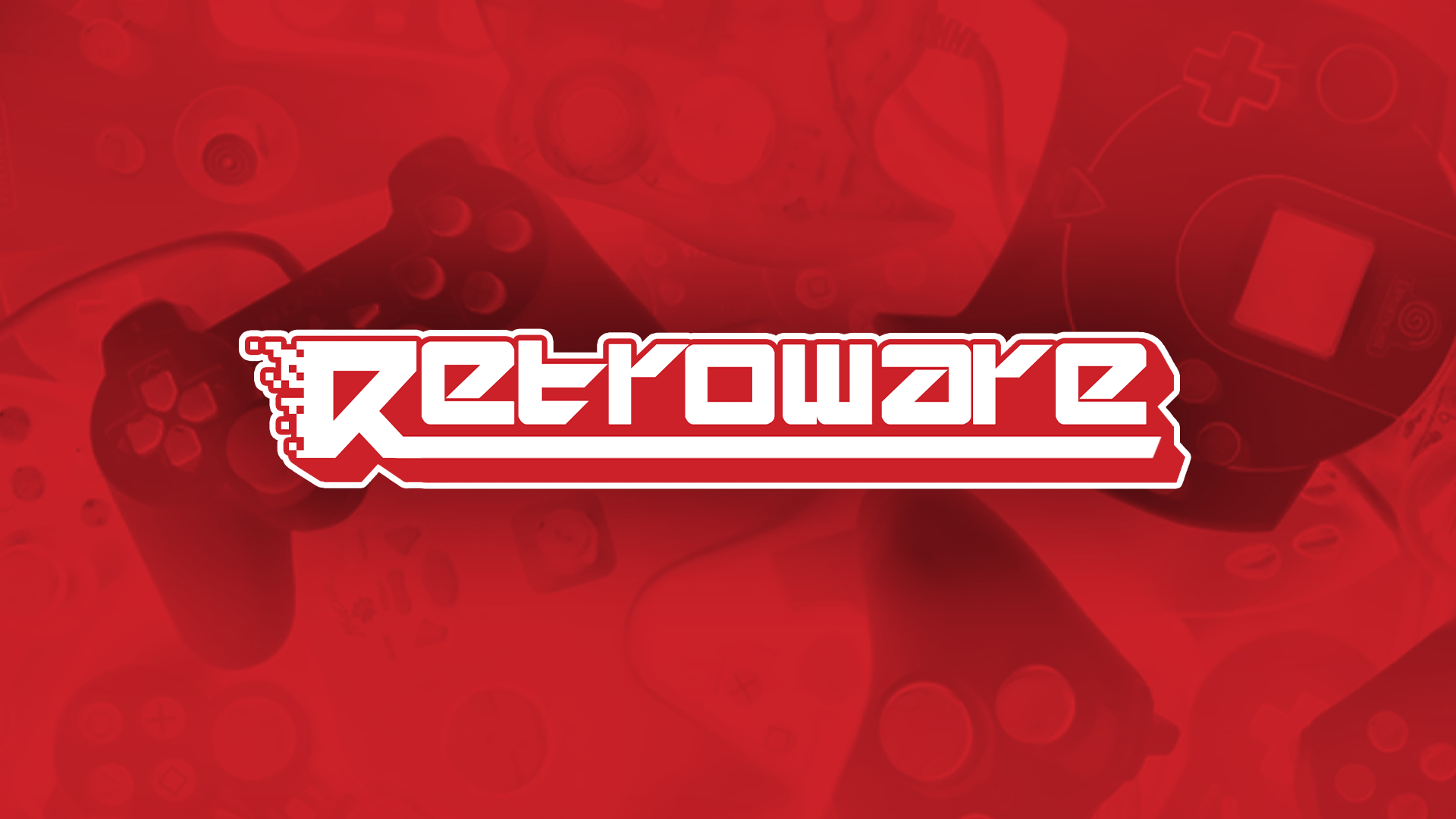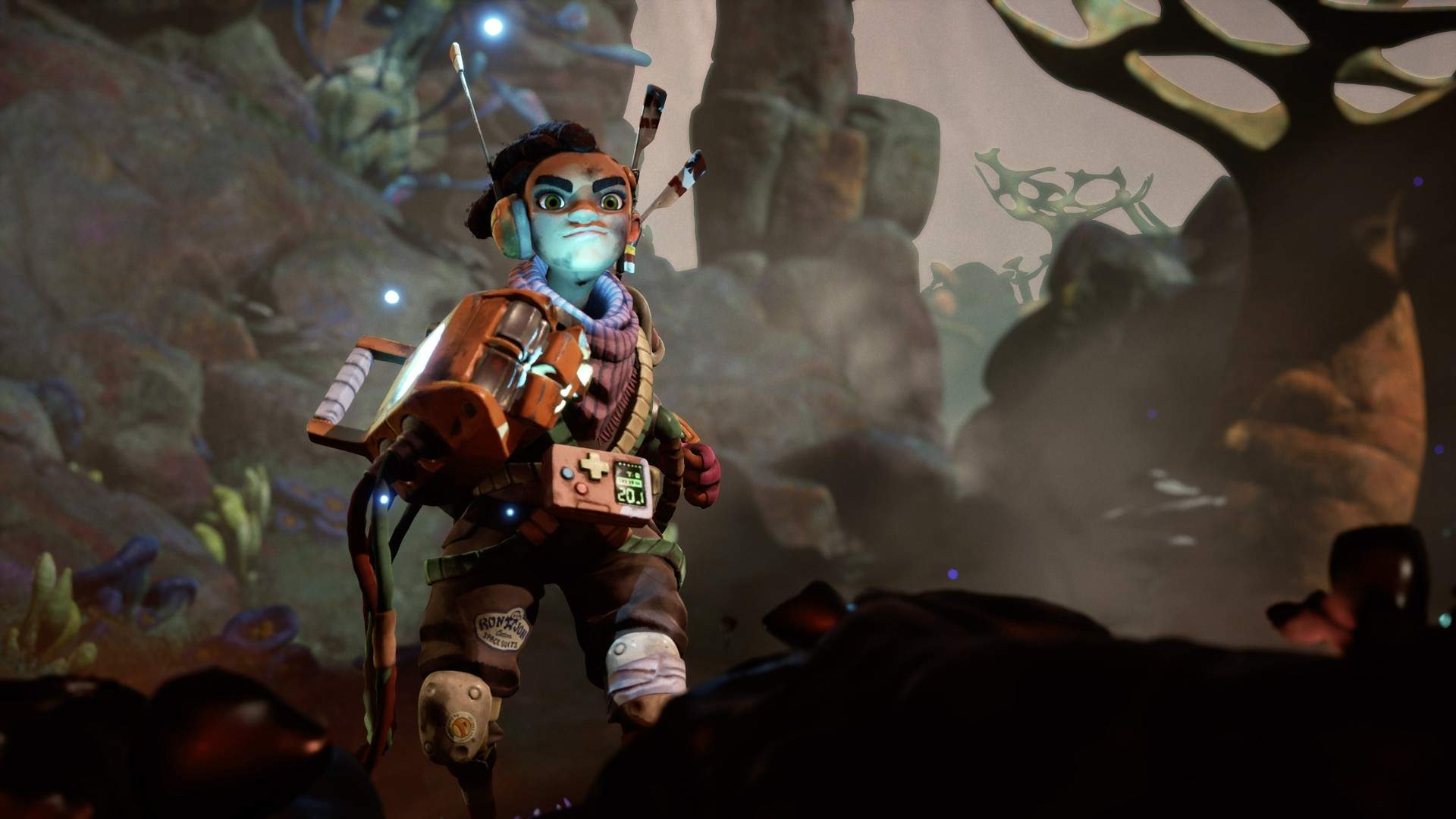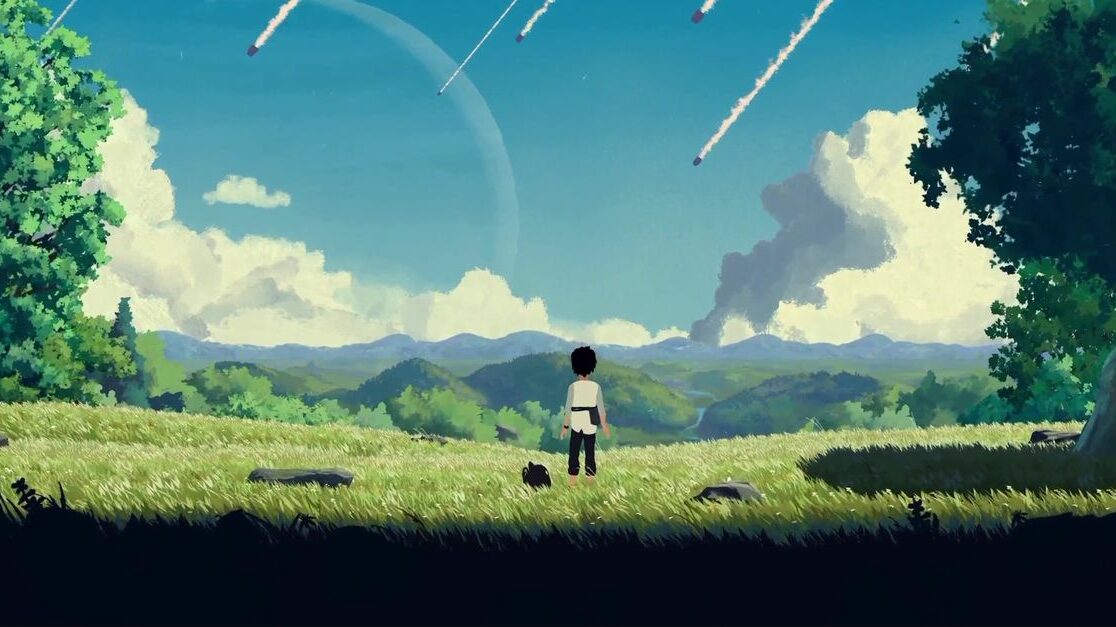Share
I’ve been an Image & Form fan for many years. From SteamWorld Heist to SteamWorld Dig 2, I’ve found this studio’s output to be roundly excellent. Yet, it’s roundly homogenized too. Sure, between SteamWorld Heist, Quest, and Dig, the team touches on a lot of genres. Nonetheless, they’re all wrapped up within the same IP and operate at similar scopes. Image & Form’s latest game, The Gunk, is a complete counterpoint though, and it’s the sort of game that I’d like to see more of across the industry.
For those unfamiliar, The Gunk is an adventure game of sorts, blending together light puzzle solving, combat, and platforming elements within the context of an exploration-driven alien world. The game is pretty good. It’s far from flawless, as the team’s relative inexperience with 3D development certainly takes the title down a few pegs. The play space here feels unpolished with respect to collision detection and general movement, and the interwoven gameplay systems don’t always feel up to par with the studio’s past efforts. Regardless, the title’s fusion of Luigi’s Mansion, No Man’s Sky, and Ratchet & Clank feels novel, particularly when blanketed by its wonderfully unique art style and art direction.
stepping into a new space
What I love most about The Gunk, though, is how bite-sized and experimental the game is compared to other titles in Image & Form’s catalog. The adventure is only about four hours long, and that limited scope feels perfect here. By reigning in the scale of The Gunk, Image & Form was able to take risks, working outside their comfort zone on something truly unlike their past titles. I can certainly identify throughlines between the SteamWorld games and The Gunk, particularly with respect to art design, but on the whole, the latter feels genuinely distinct. I truly appreciate that.

In fact, I hope that we see more studios tackle Gunk-like projects. So often, we see developers of all sizes, from AAA to indie, settle into their respective niches. This is understandable. When you make an Axiom Verge, you capitalize on that success with an Axiom Verge 2. When you make a Titan Souls, you transform those tenets into Death’s Door. Whether through direct sequels or titles in similar genres, it only makes sense that teams that strike gold want to strike it twice. As a fan, I certainly want that from my favorite studios – heck, I just published a Shovel Knight Pocket Dungeon review wherein I talked about how badly I want a direct Shovel Knight sequel.
However, a part of me certainly wants to see new ideas flourish from these talented studios also. Such pivots often results in unexpected concepts and experiences. Giant Squid’s shift from Abzû to The Pathless is a great example, as is Sabotage Studio’s shift from The Messenger to Sea of Stars. Watching these teams apply their core design principles to different contexts is quite engaging, although this sort of seismic shift isn’t always feasible for developers at varying scales, when they run the risk of sinking years upon years into a title that might not hit like their established formula does. This is where I feel that the middle ground of a Gunk-style game could be incredibly valuable.
the value of smaller scale projects
The idea of releasing comparatively smaller titles that stand completely apart from a team’s core identity and output is uniquely compelling. Now in the example of The Gunk, that game is arguably larger than anything Image & Form has made in quite some time, and Microsoft’s backing certainly helped get this game out the door. But, the underlying point still stands – it’s a short experiment in a genre and play space that the team wasn’t familiar with. Risks like this are so exciting, and show a sort of creative flexibility that demonstrates great talent.

I’d argue that Atooi is an excellent example of this philosophy in motion on a more attainable scale. Modern Atooi is best known for platformers like Mutant Mudds, Xeodrifer, and the upcoming Hatch Tales. In between these major releases though, Atooi dabbled in totally unrelated and much smaller projects, such as Totes the Goat, Soccer Slammers, and Pictooi. The first is a Qbert-style title, the second is an arcade sports game, and the third is a picross-type puzzler. Not only are these interesting supplements to major releases, they’re also stark reminders of how multitalented Atooi is.
In essence, I simply want to see teams step beyond their niches more often. In doing so, we often find truly curious results, even if they aren’t on par with a team’s traditional efforts. Regardless, that experimentation is essential as it shows just how dynamic a developer can be when they aren’t pigeonholed into the same sorts of productions or continuations of IP. There’s absolutely nothing wrong with building out these established corners of the industry. But, there’s something particularly rewarding about tackling untrodden ground. And, perhaps the avenue into that new frontier is a shift to smaller, more contained experiences that supplement a team’s bread and butter. That’s certainly a philosophy that I want to support.



